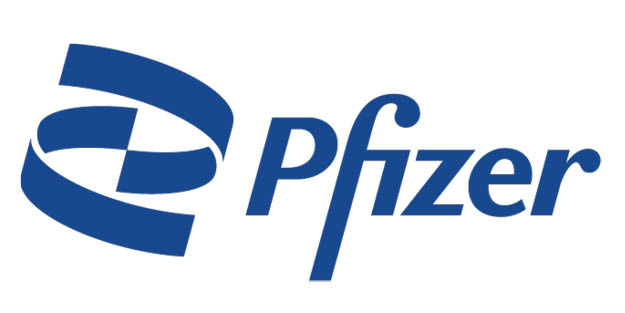
Atopic Dermatitis
Atopic dermatitis (AD), more commonly known as eczema, affects 10 to 15 per cent of Canadian children under the age of five, with 40 per cent of those children continuing to live with the condition as adults.1

What Tanya Mohan, a senior business analyst, wants employers to know is that this isn’t “ just a skin thing.” Those with moderate to severe AD may need work-from-home and other accommodations, as well as access to sometimes costly medications that relieve their symptoms, allowing them to get more sleep and be more hopeful, focused and productive employees.
When were you diagnosed with AD? |
|
I was a baby. I was really irritable, my sleep was disrupted and I was showing signs of wanting to scratch – and of course rashes appeared that alerted my parents that there was some kind of problem. My family doctor said it was eczema, which is pretty common, especially for winter babies. She prescribed topical creams and my parents went on their way. At the time, the narrative was that babies grow out of this. That didn’t happen for me. It’s continued into my 40s, it’s on 80 per cent of my body and I now accept it as a chronic condition. |
|
What are your symptoms? |
|
Severe itch, which leads to severe scratching, which leads to bleeding, open wounds and sometimes infections. It’s psychological warfare. You’re so itchy you can’t focus. You scratch day and night. You’re not sleeping. When you get into the shower it stings and it burns, and when you put the medicated creams on it’s like your skin is on fire. But you have to scratch because if you don’t then you go crazy feeling itchy and not doing anything about it. |
|
How has AD affected your qualify of life? |
|
I was often told “just stop scratching.” So, as a teen to young adult, I would hide my scratching as if it were a bad habit. I would hold on for dear life and not do it in front of others. Then I would run home or run to the bathroom at school, disrobe, scratch until I bled, moisturize, put my clothes back on and walk out. Sometimes, as an adult at work, I would run to the stalls every hour. Then I would go back and sit at my desk and keep working. That itchy feeling takes over your life. It becomes an obsession. And you know as you’re scratching that you’re harming yourself. You hate yourself because you can’t stop. |
|
How has AD affected your work? |
|
In 2012, I wound up in the emergency department because I had scratched my face so hard in my sleep that I woke up with my eyes swollen shut and a huge gash on my forehead. It was like Wolverine had attacked my face with claws. My husband said, “Okay, you need some serious emergency medical attention.” That led to multiple trips to the emergency room and having to take sick leave from work. It was the first time I had told my then employer that this was something I was suffering with. My boss and I had to sit down and talk about how AD affected my ability to concentrate, to write, to do all the things we need to do to succeed at our jobs. Really, the sick leave highlighted how debilitating AD was for me. Two things helped me get back to work. First, I started taking new treatments prescribed by my doctor, which provided relief. Second, once the itch stopped because of the medications, my mindset shifted. I felt more hopeful because I got more sleep. Even just a few more hours of sleep helped me think clearly, get out of bed and want to tackle tasks, shower, get dressed and go to work. Before that, it was not possible. |
|
Overall, how has treatment helped you? | |
Over the years, I have tried many therapies to help treat my eczema. Working with my family doctor and several dermatologists, I have finally managed to find a medication that works for me and that I can continue to use long term. Without treatment, eczema affects your quality of life in such a big way – from sleep deprivation to actual soreness on your whole body. It can force you to stay in bed and not want to leave your house, and honestly the idea of going to work in those times is really challenging. So treatment is absolutely necessary for me to get back to real life. |
|
What would you like employers to know about AD? | |
I volunteer as an eczema ambassador and I’ve seen that for a lot of people, AD is a major part of their identity that they hide. It’s not like living with cancer, diabetes or heart disease, which are widely accepted as life-threatening and debilitating. This is not a life-threatening condition, but at the same time it affects quality of life to the nth degree. Employers need to understand that when people with AD call in sick, it’s not fake. This is a legitimate, tangible problem. Also, the pandemic has shown that many people can work remotely if they need to, and I think those options should be given to eczema sufferers. Finally, some medications to treat AD are expensive, so they’re not accessible to people who don’t have coverage through their drug plan. Employers can help people with moderate to severe AD by covering the medications they need. ■ |
|
1. www.canadianskin.ca/atopic-dermatitis-eczema

